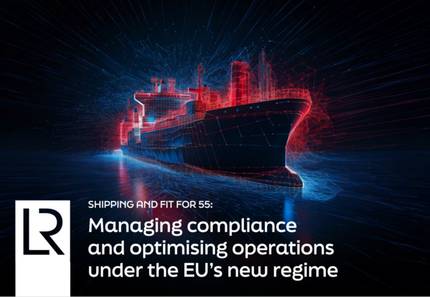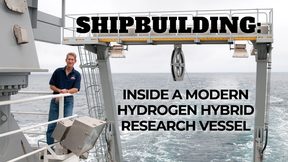Global Fishery Forum on Fishing Vessel Safety
Fishing is one of the world’s most dangerous occupations. Literally thousands of fishers lose their lives at sea each year.
An international treaty addressing safety in the fishing industry (the Cape Town Agreement) has been developed and adopted through International Maritime Organization (IMO) but is not yet in force because it lacks sufficient ratification at national level.
As part of a major global effort to encourage ratification and implementation of the Cape Town Agreement, IMO and The Pew Charitable Trusts organised a roundtable event during the Global Fishery Forum in St. Petersburg, Russian Federation (13 September).
IMO’s Cape Town Agreement on fishing vessel safety provides a solid platform for improving fishers’ safety at sea and combating illegal, unreported and unregulated (IUU) fishing by facilitating better control of fishing vessel safety by flag, port and coastal States. It currently has 10 Contracting States, but needs 22 for entry into force, along with a required number of aggregate fishing vessels.
Panellists at the roundtable highlighted the need for a global, fishing vessel safety agreement to be in force. Participants confirmed that the Cape Town Agreement would make a significant contribution to safety in the fishing industry, and could also support the FAO’s 2009 Agreement on Port State Measures to Prevent, Deter and Eliminate Illegal, Unreported and Unregulated Fishing (PSMA).
The Russian fishing industry supported Russia’s ratification of the Cape Town Agreement, and it was agreed that a roadmap to ratification and implementation would be developed.
The roundtable, entitled "Course for 2050: The safety of fishermen and fishing vessels" was organized in cooperation with the Russian Federation and the Food and Agriculture Organization of the United Nations (FAO).
It was attended by representatives of IMO, FAO, the Russian Federation’s Ministry of Transport and Federal Agency for Fisheries, The Pew Charitable Trusts and the fishing industry. IMO was represented by Mikhail Gappoev.
The Cape Town Agreement is one of four important treaties for the fishing sector which are aimed at achieving higher levels of safety and better compliance and enforcement.
These are IMO’s 2012 Cape Town Agreement (not yet in force); IMO’s STCW-F Convention on training of fishers (which entered into force in 2012); ILO’s Work in Fishing Convention 2007 (Convention No. 188) (in force since November 2017); and FAO’s Agreement on Port State Measures to Prevent, Deter and Eliminate Illegal, Unreported and Unregulated Fishing (PSMA), 2009 (entered into force in 2016).
IMO Secretary-General Kitack Lim has highlighted the need for effective communication between fisheries and transport ministries in order to achieve ratification of the Cape Town Agreement.













